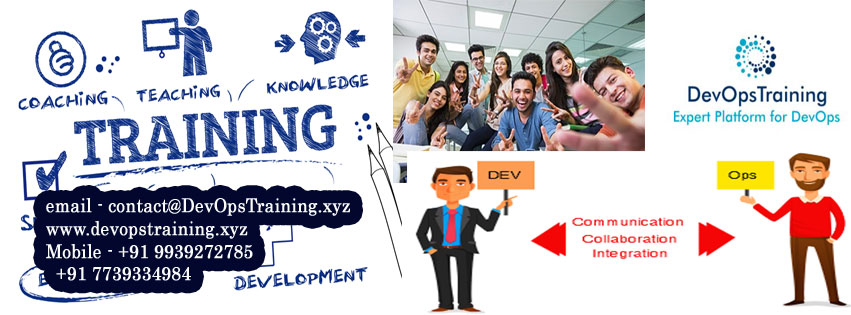About Puppet Course
We offer a variety of training options to help you or your team get up and running with Puppet, or take your skills to the next level.
Whether you attend one of our training courses classroom or explore a online interactive training option, you’re learning from real Puppet professionals who have been there and want to help you succeed.
This Puppet essentials course teaches you a best-practice approach to managing infrastructure using Puppet IT automation software in order to maximize the benefits of the Puppet Module Architecture. Puppet Enterprise is used for all exercises and labs, but the concepts that are taught in the course apply equally to Puppet’s Open Source solution. After completion of this course, you will be able to deploy basic system configurations using best practices for Puppet in a Master-Client setup.
Pre-requisites
Recommended Experience
Basic Linux Familiarity
Simple LAN Networking
Recommended Equipment
Virtualization Platform, or
Several Servers with Networking Equipment
Agenda of the training
The basic course program is outlined here :-
1. The Basics
2. The Puppet Infrastructure
3. The Puppet Run Cycle
4. The Puppet Language - A Basic Primer
5. Organizing A Puppet Environment
6. MCollective
7. Additional Tools
8. Conclusion
We offer a variety of training options to help you or your team get up and running with Puppet, or take your skills to the next level.
Whether you attend one of our training courses classroom or explore a online interactive training option, you’re learning from real Puppet professionals who have been there and want to help you succeed.
This Puppet essentials course teaches you a best-practice approach to managing infrastructure using Puppet IT automation software in order to maximize the benefits of the Puppet Module Architecture. Puppet Enterprise is used for all exercises and labs, but the concepts that are taught in the course apply equally to Puppet’s Open Source solution. After completion of this course, you will be able to deploy basic system configurations using best practices for Puppet in a Master-Client setup.
Pre-requisites
Recommended Experience
Basic Linux Familiarity
Simple LAN Networking
Recommended Equipment
Virtualization Platform, or
Several Servers with Networking Equipment
Agenda of the training
The basic course program is outlined here :-
1. The Basics
- Introduction To Configuration Management
- About The Author
- Why Puppet?
- How To Access Your Working Files
2. The Puppet Infrastructure
- Puppet Agents
- Puppet Masters
- MCollective And Systems Orchestration
- Cross Platform Puppet
3. The Puppet Run Cycle
- Introduction To Puppet Run Cycle
- Gathering System Facts
- Node Matching And Catalogue Compilation
4. The Puppet Language - A Basic Primer
- Puppet Resources - How To Define System Resources
- Applying A Simple Puppet Manifest
- Puppet Types
- The Package File Service Patter
- Applying Conditional Logic In Puppe
- Fact Conditionals - Choosing A Course Of Action
5. Organizing A Puppet Environment
- Defining Nodes
- Puppet Modules - Reusable Code
- Provisioning A Web Server
- Class Parameters - Applying Variables
- Hiera Parameters - Defining Variables
- Executing Modules Against A Puppet Master With An Agent
- Reporting With Puppet
6. MCollective
- MCollective And Live Management
- MCollective With Puppet
- Using MCollective To Interact With Services
- Using MCollective To Interact With Puppet
7. Additional Tools
- Managing Modules With Librarian-Puppet
- Managing Directory Environments And Modules With R10K
- External Node Classifiers And Reporting With Puppet Dashboard - Part 1
- External Node Classifiers And Reporting With Puppet Dashboard - Part 2
8. Conclusion
- Wrap-Up And Further Resources
Contact Us:
E-mail:- info@scmGalaxy.com
Call:- +91- 993 927 2785
 |
 |
 |
 |
|---|

